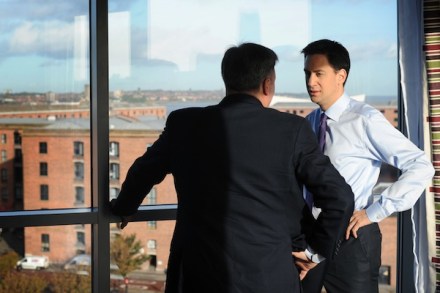Ideologues and pragmatists
Over at the books blog, former Tory MP Jerry Hayes has reviewed James Hanning and Francis Elliott’s Cameron: Practically a Conservative. The key to Hanning and Elliott’s analysis resides in their title. David Cameron is a practical politician, not an ideologue; his quiet values instilled by a comfortable upbringing and a natural talent for conciliation. Jerry concludes: ‘Personally, I would hate to be governed by an ideologue who had to jump through self-imposed Jesuitical hoops before making a decision. I much prefer someone who tries to do the right thing, even if they don’t always succeed.’ I recommend reading the review in full (and Jerry recommends all to read the




















